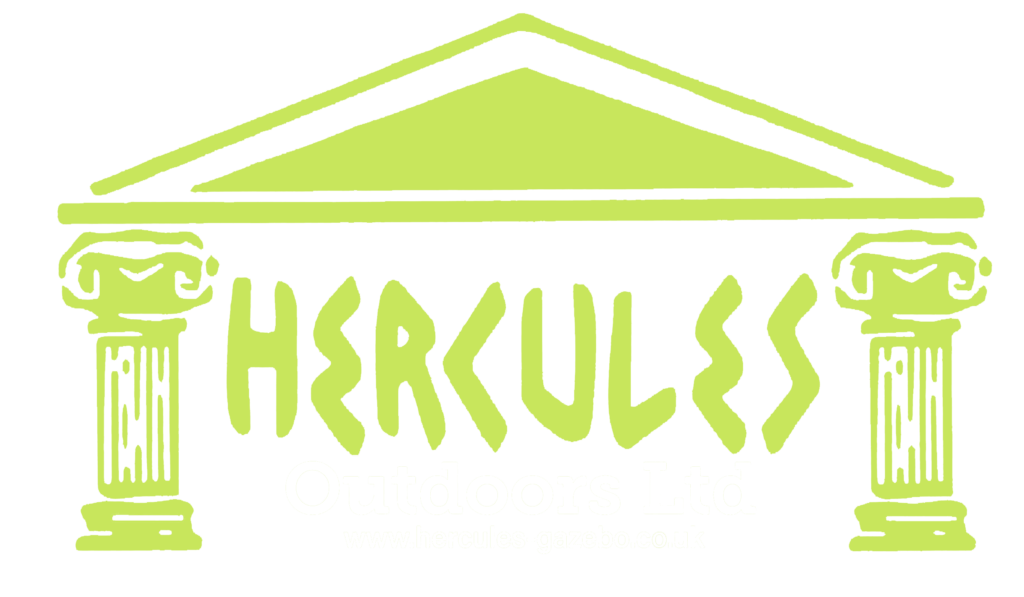It’s every camper’s nightmare: you packed the car days ago, knocked off work a little early on Friday afternoon, and drove to your favorite campground. Just as you’re starting to get really excited for s’mores and campfire conversation, it becomes painfully clear: every site is already occupied, and you won’t be roasting marshmallows anytime soon. And while this often works out just fine—maybe there’s another campground or some dispersed camping nearby, or a friendly group invites you to share their site—it doesn’t make for a relaxing start to a weekend camping trip. Fortunately, there are plenty of ways to avoid it. Read on for tips to book your perfect campsite for every type of camper.
FIRST THINGS FIRST—WHAT KIND OF CAMPSITE DO YOU NEED?
If you’ve been camping a couple of times, you already know that not all campsites are created equal. A quick glossary of campsite terms:
- Backcountry campsites require a hike from the trailhead to the site itself. Distances vary greatly, but in general, you’ll want lighter backpacking gear rather than car camping gear.
- Frontcountry campsites are sites where car camping gear is appropriate.
- Designated campsites are officially designated by the agency that manages the land where you’re camping. They are usually well-marked, but amenities vary.
- Dispersed camping means campers may choose from any established site (meaning one where it’s obvious folks have camped before, often indicated by a fire pit) in a zone. This type of camping is often free.
- Group campsites often have a minimum number of campers you’ll need to reserve, and often have a shelter where groups can gather to cook and eat. If you’re looking for a quiet experience, steer clear of sites adjacent to group sites.
- Primitive camping usually means there are no amenities. Typically, don’t expect a bathroom, picnic table, or fire pit.
- Developed camping generally refers to campgrounds in state and national parks, national forests, and other areas where camping is popular and regulated. Land managers often list amenities (pit toilets, showers, RV hookups, and so forth) on their websites; in their absence, play it safe and assume the camping is primitive.
Generally speaking, assume that the more amenities a campground offers, the less quiet your experience will be. In other words, if you’re looking for solitude and silence, a backcountry or primitive campsite is the way to go. On the other hand, if you’re looking to meet new friends, entertain a large group with varied interests, or are new to camping and want to ease in, a developed campground is a better bet.

IF YOU’RE A PLANNER…
Do you have your friends’ birthdays written down somewhere and their gifts purchased and wrapped months in advance? If you’re the kind of person who plans way ahead, there’s a world of campsite booking options waiting for you.
With dates selected way in advance, you can use tools like Recreation.gov, which shows available campsites on federal lands (like national parks and national forests), and ReserveAmerica, which will direct you to other campgrounds, like state parks and privately owned campgrounds in the area you’ll be visiting. Both often have recommendations for activities in the area, too.
Planning ahead also allows you to take advantage of permit lotteries. Super-popular areas like the Enchantments in Washington and the Wave in southern Utah are managed with quotas so they don’t become too crowded, so you’ll need to pick dates you hope to go well in advance. If you’re not able to book a campsite when you originally intended, many land managers specify when permits and reservations become available (on a six-month rolling basis, for example, or on July 1 for the following calendar year). Set yourself a reminder so you can snag your reservation the moment it becomes available.
IF YOUR SCHEDULE IS FLEXIBLE…
The best way to get an awesome campsite? Book it when no one else can go—like a shoulder season (spring and fall, in many areas of the United States, or winter, if you know how to stay warm) or the middle of the week. If you can take time off midweek, check the local school district calendar to make sure you’re not coinciding with a break before you finalize your plans.
You can also use those same booking tools, Recreation.gov and ReserveAmerica, to narrow down the site you want to camp at. Both have “Next Available” filters so you can grab your desired site as soon as possible.


